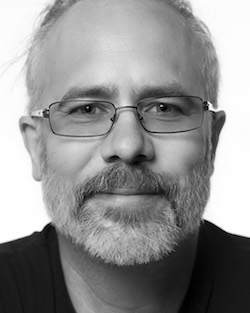ISU graduate student James Norris to present overview of neutrino experiment at Weber State University on Oct. 17
September 6, 2018

POCATELLO – Idaho State University graduate student James Norris has been invited to present “An Overview of the Deep Underground Neutrino Experiment (DUNE)” at Weber State University on Oct. 17 from 1:30 to 2:20 p.m.
DUNE is the leading-edge, international experiment for neutrino science and proton decay studies. Neutrinos are the most abundant matter particles in the universe. Recent discoveries have raised questions about neutrinos and the nature of matter and the evolution of the universe. DUNE will try to answer these questions.
DUNE hopes to make groundbreaking discoveries including:The Origin of Matter – Could Neutrinos be the reason that the universe is made of matter instead of antimatter?Unification of Forces – DUNE can search for signs of protein decay, which could reveal a relation between the stability of matter and the Grand Unification of forces.Black Hole Formation – DUNE could allow researchers to see inside a newly-formed neutron star and potentially witness the formation of a black-hole.
Norris’ presentation will give an overview of DUNE. He will give a physics overview, which will go over the standard model, neutrino oscillations and supernovae neutrinos. He will then give a detector overview, which will cover near detector, far detector and proto-DUNEs.
A beam of neutrino particles generated at Fermilab, near Chicago, will travel 800 miles underground to a mile-deep detector system filled with liquid argon, in South Dakota. DUNE construction will be continued over the next decade. The European research center CERN has committed to provide the first prototype of the detector. For more information on DUNE, visit http://lbnf.fnal.govor http://dunescience.org
Though Norris is conducting his own DUNE research, he is still in the early phases of his work.
“The talk is an overview of the experiment,” Norris said. “It will not concern my research, which has barely begun.”
Norris’ presentation is open to the public.
For more information, contact Norris at pjamesnorris25@gmail.com.
Categories:
